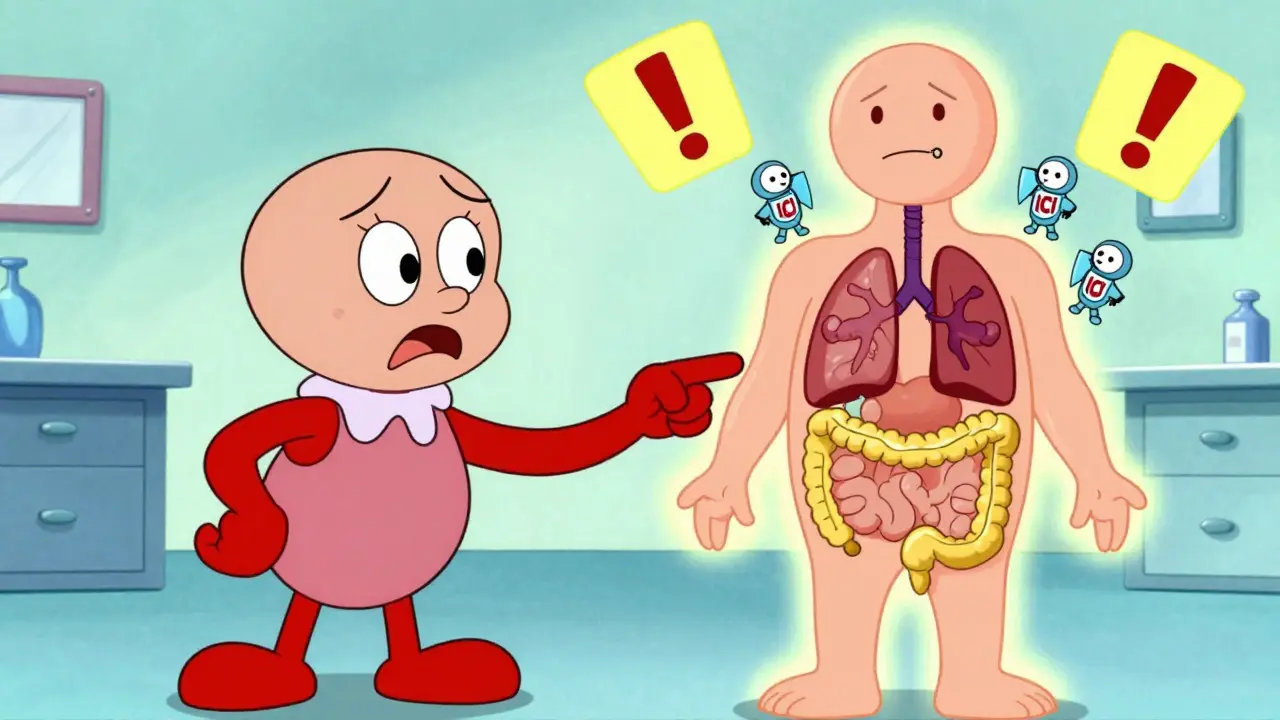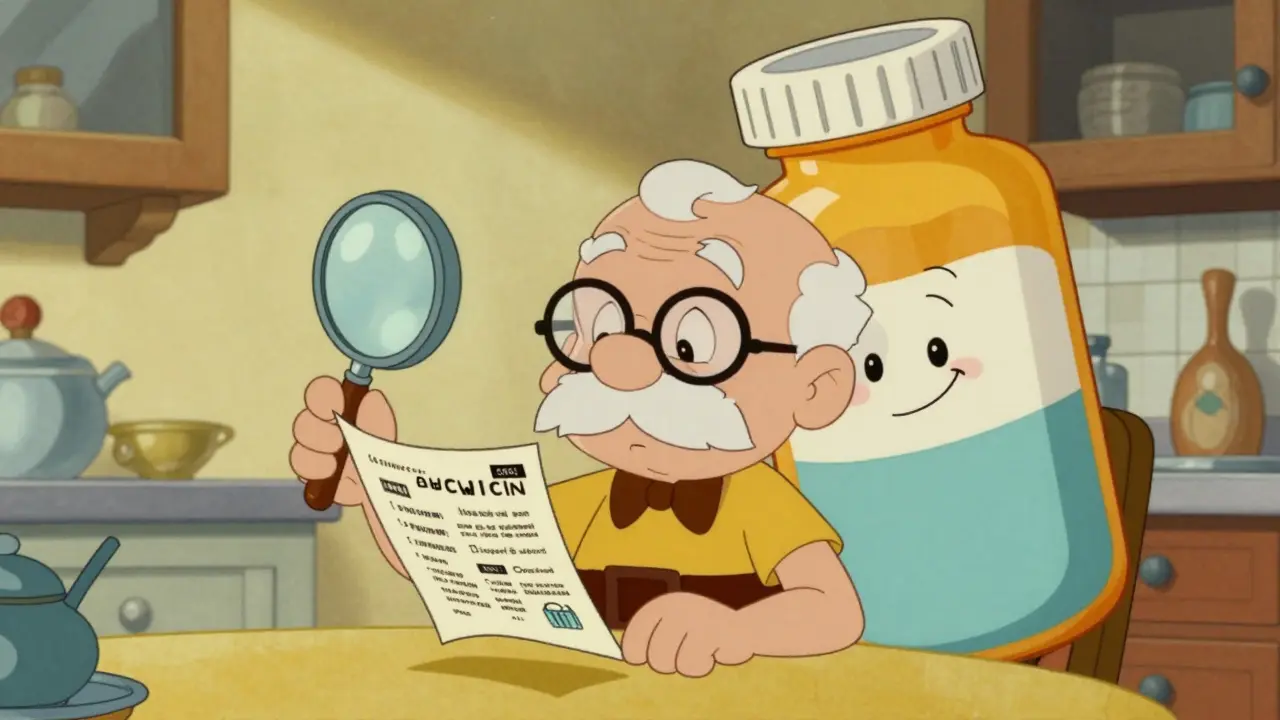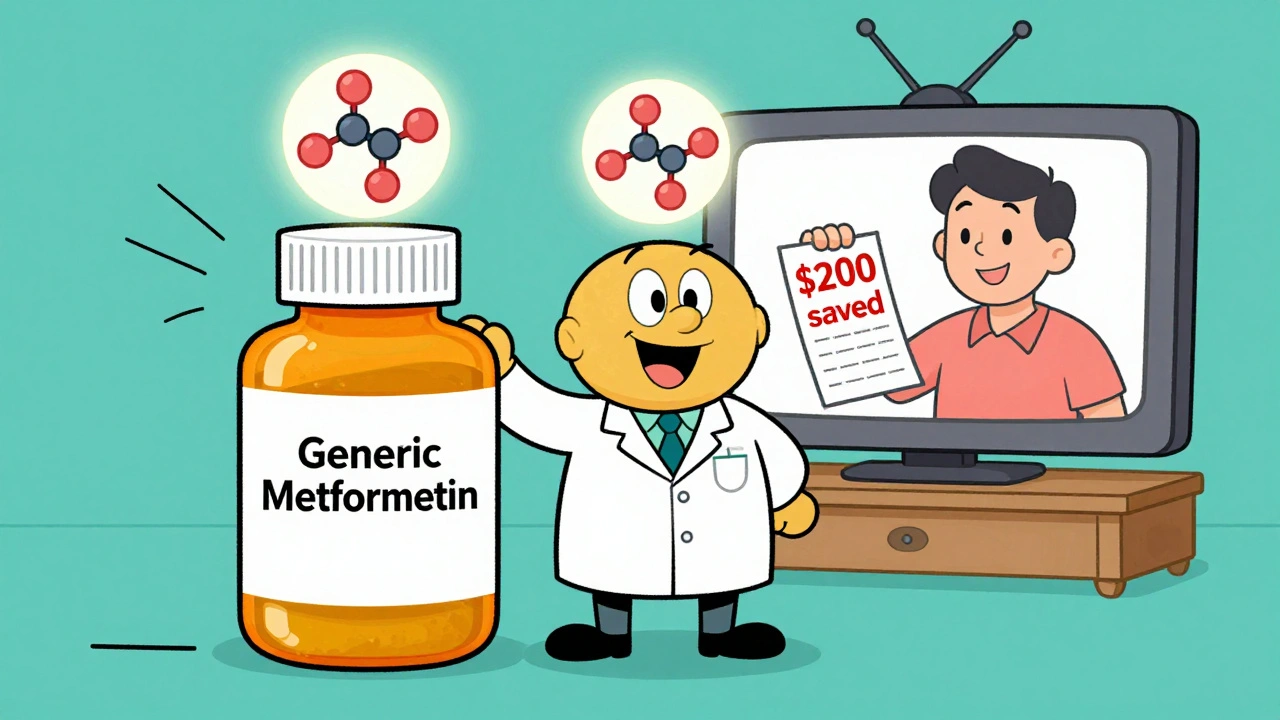Health & Wellness – Simple Guides for Everyday Life
Welcome to the Health & Wellness hub of Singleton House. Here you’ll find clear, no‑fluff articles that help you understand how your body works, what supplements can do, and how medicines might affect you. Whether you’re looking to boost mood, improve bone health, or just get the facts on a popular spice, we’ve got you covered.
Top Articles You Can Read Right Now
Atrophic Gastritis and Depression: Learn why a damaged stomach lining can trigger low mood, how the gut‑brain axis plays a role, and which tests (like H. pylori screening and B12 levels) can point you in the right direction.
Weight Loss and Penis Size: Find out what really changes when you drop pounds, how the suprapubic fat pad affects visible length, and a step‑by‑step plan to maximize results without chasing myths.
Calcium Carbonate – Benefits and Uses: Discover how calcium carbonate supports bone strength, helps with acid reflux, and what safety tips you need to avoid excess calcium.
Calcitriol and Nerve Health: Get the lowdown on the active form of vitamin D, how it protects nerves, and practical ways to keep neuropathy at bay.
Haridra (Turmeric) for Wellness: See why turmeric earns the nickname “healing spice,” what curcumin does for inflammation, and easy ways to add it to your daily routine.
Midodrine and Osteoporosis Risk: Understand how this blood‑pressure medication can influence bone density, what signs to watch for, and steps to keep your skeleton strong.
Why Health & Wellness Matters
Good health isn’t a distant goal—it’s a daily collection of small choices. Knowing how a medication may affect your bones can prevent a fracture later. Seeing the link between gut health and mood can turn a frustrating depression into a manageable condition with the right tests and supplements. Even something as simple as adding turmeric to a smoothie can cut inflammation without a prescription.
We keep each article short, practical, and backed by reliable sources. No jargon, no fluff—just the facts you need to make an informed decision. If a piece mentions a test, we explain when to consider it and what the results might mean. When we talk about supplements, we note the typical dose, possible side effects, and who should avoid them.
Take the example of calcium carbonate. It’s cheap and widely available, but taking too much can cause kidney stones. Our guide tells you the right daily amount based on age and gender, and when you might need a doctor’s green light.
Or consider weight loss and penile size. Many men think shedding pounds will automatically add length, but the real change comes from reducing the fat pad above the pubic bone. We break down how much loss typically translates to visible change, and why maintaining testosterone levels matters for overall function.
Every health decision starts with information. Use these guides as a springboard—talk to your pharmacist, doctor, or a trusted health professional before making big changes. The goal is to empower you with clear, actionable knowledge so you feel confident about your next step.
Ready to dive deeper? Browse the articles above, pick the one that matches your current concern, and start applying the tips today. Better health is built one informed choice at a time.
PTSD Nightmares: How Prazosin and Sleep Therapies Actually Work
PTSD nightmares disrupt sleep and recovery. Prazosin can help reduce them, but evidence shows sleep therapies like CBT-I and IRT offer longer-lasting relief. Learn how these treatments work and which might be right for you.
Step Counts and NEAT: How Daily Movement Burns Calories for Weight Management
Discover how daily movement like walking, standing, and climbing stairs-known as NEAT-burns calories without exercise. Learn the real math behind step counts and how to use them for effective weight management.
Auditory Processing Disorder: Understanding Listening Challenges and Effective Support Strategies
Auditory Processing Disorder affects how the brain interprets sound, not the ears. Learn the signs, how it differs from ADHD and dyslexia, and what support strategies actually work for children and adults.
Gallstones: Understanding Biliary Colic, Cholecystitis, and When Surgery Is Needed
Gallstones cause painful biliary colic and can lead to cholecystitis. Surgery is the only reliable cure. Learn when to act, what options exist, and why waiting puts you at greater risk.
Immune-Related Adverse Events: How to Recognize and Manage irAEs in Cancer Patients
Learn how to recognize and manage immune-related adverse events (irAEs) caused by cancer immunotherapy. From common symptoms to life-saving treatments, this guide covers what patients and providers need to know.
How to Create a Family Overdose Emergency Plan for Medications
Learn how to create a family overdose emergency plan with naloxone to save lives during opioid overdoses. Step-by-step guide for recognizing signs, using naloxone, and preparing your household.
High-Altitude Travel and Sedatives: What You Need to Know About Respiratory Risks
Taking sedatives at high altitude can dangerously reduce your breathing and oxygen levels. Learn why alcohol, sleeping pills, and opioids are risky-and what safer alternatives actually work.
Travel Safety: Managing Medications and Side Effects Away from Home
Learn how to safely manage prescription and over-the-counter medications while traveling domestically or abroad. Avoid legal trouble, lost meds, and side effects with proven tips from TSA, CDC, and global health experts.
Senior Patient Education: Effective Materials for Older Adults
Senior patient education materials must be simple, large-print, and visual to match how older adults process information. Learn what works, where to find trusted resources, and how to improve understanding and adherence.
Steroid Myopathy: How to Recognize Weakness and What Physical Therapy Can Do
Steroid myopathy causes painless weakness in hips and thighs from long-term steroid use. Learn how to spot it early, why standard tests miss it, and how targeted physical therapy can restore strength without stopping medication.
Social Media Education: How Hospitals and Health Orgs Use Digital Platforms to Teach Patients About Generics
Social media is transforming how patients learn about generic drugs. Hospitals and pharmacies are using Instagram, TikTok, and Facebook to debunk myths, show real comparisons, and build trust - leading to higher adherence and lower costs.
Drug-Resistant Bacteria and Repeated Antibiotic Use: What Really Happens Over Time
Repeated antibiotic use fuels drug-resistant bacteria, making once-treatable infections deadly. Learn how superbugs spread, why new drugs are scarce, and what you can do to protect yourself and future generations.











